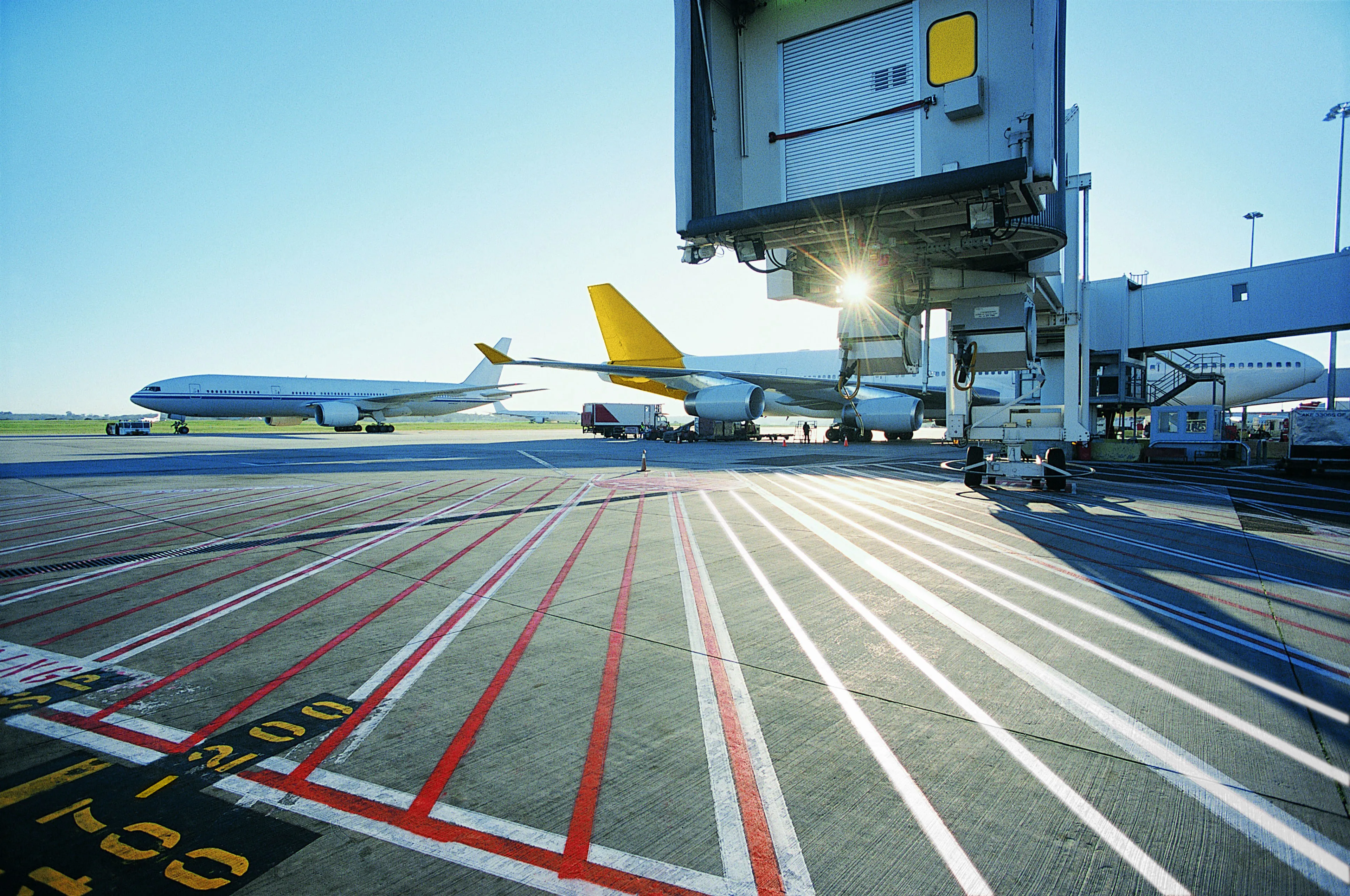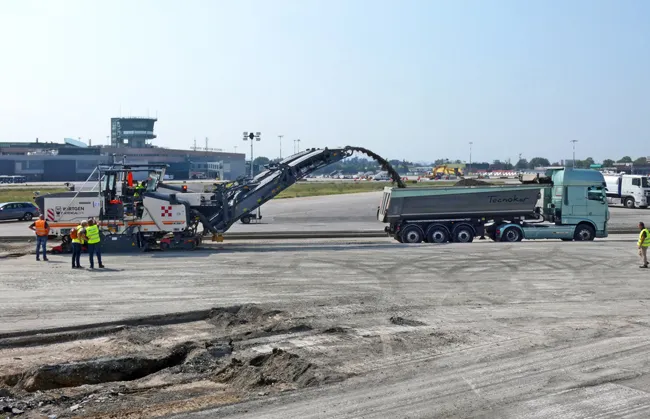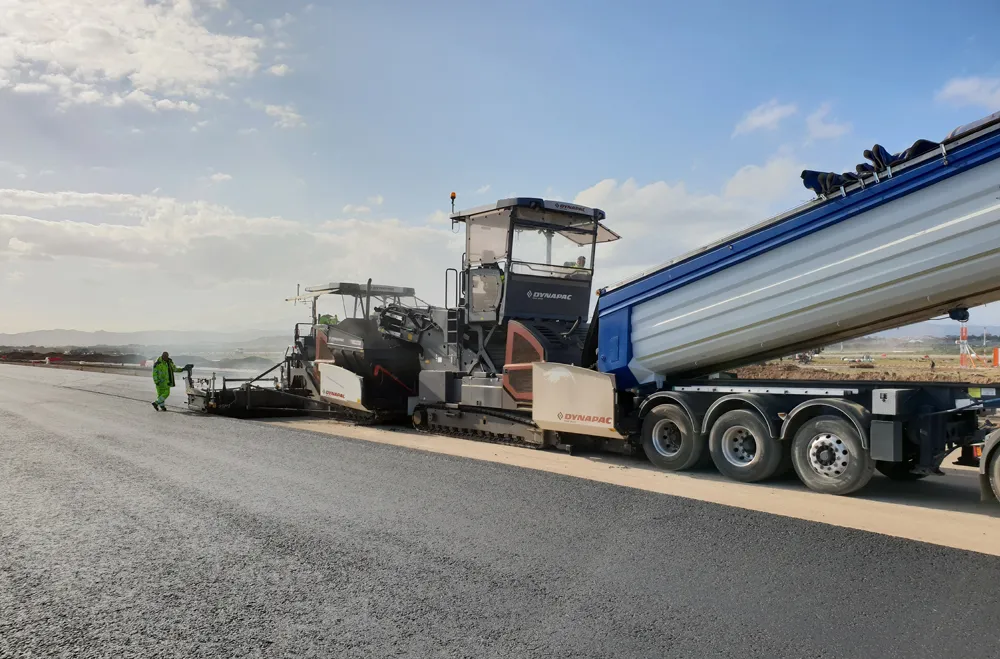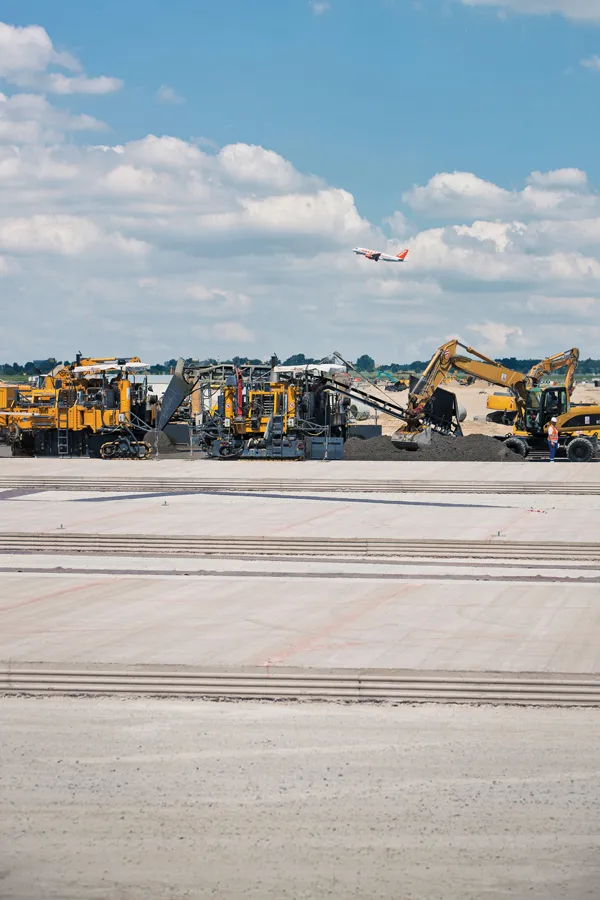
Dubai’s busy international airport is now benefiting from new runway and taxiway areas that will help boost capacity. The upgrades are much needed as the airport is one of the world’s busiest in terms of international flights.
Data from the International Air Transportation Association (IATA) says that in 2013, air passenger traffic worldwide topped 3.1 billion, and demand is expected to continue to grow.
The combination of more flights and growing numbers of larger and more sophisticated aircraft like the Airbus A380 means that the world’s busiest international airports are having to redevelop their runways and taxiways. The Airbus A380 weighs close to 400tonnes and landings of this huge aircraft can place enormous stresses on runway structures.
As a result, special techniques and materials are required to build the runways to ensure that they can cope with the immense engineering loads exerted.
When Dubai International Airport required its two runways to be upgraded and resurfaced in May 2014,








